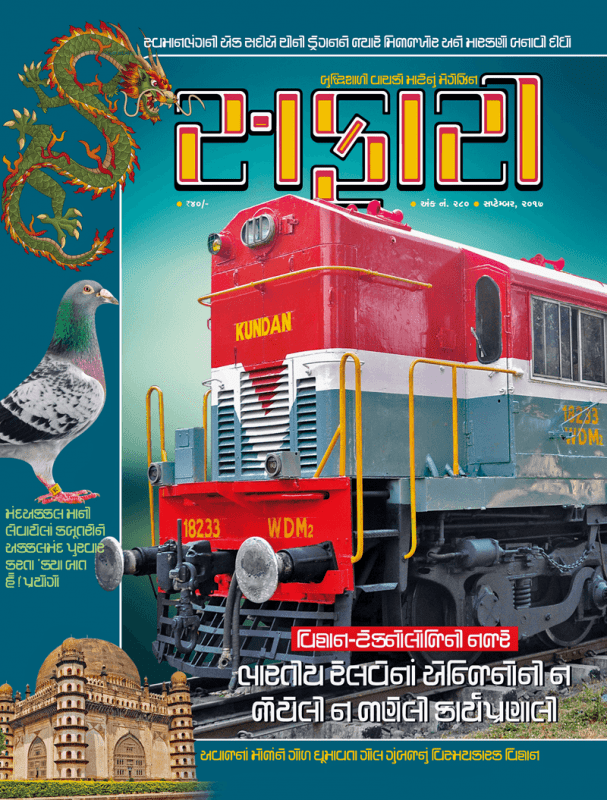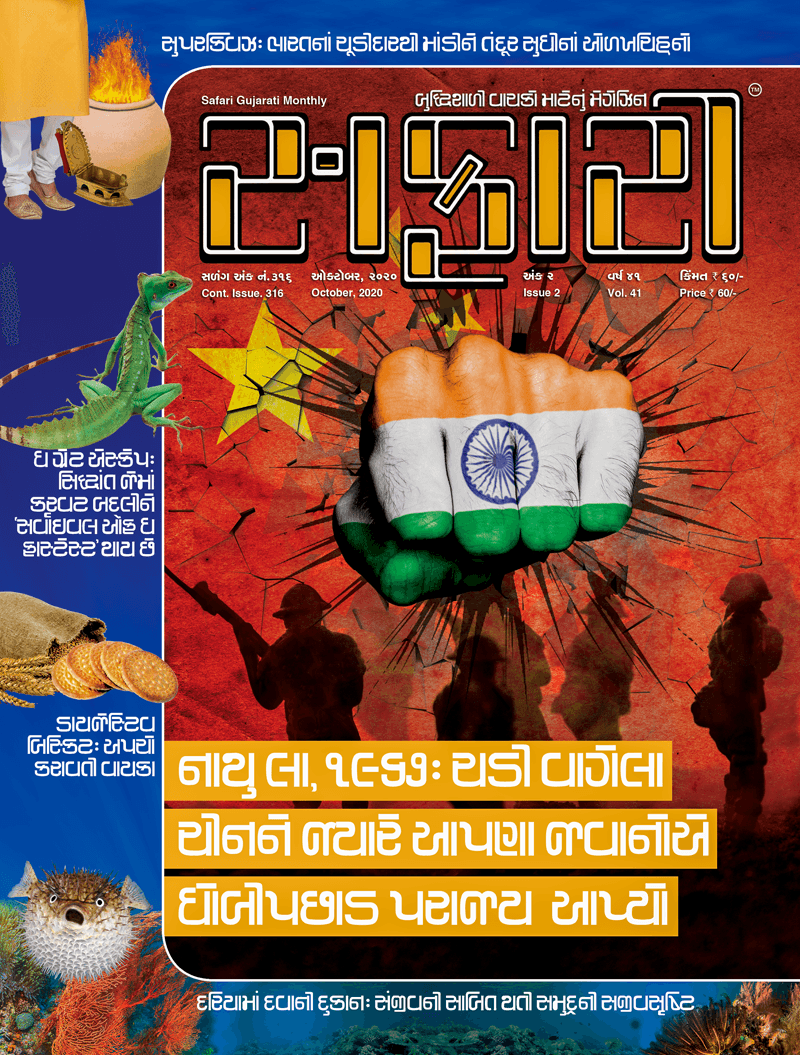
For this, we also have discussions with our translators so that they understand the background of the book they are working on. Not every translator can do justice to every genre even if he or she might be good at that language. It’s to ensure that they capture the tonality of a book and the translation does not necessarily read like one. VM: We are very particular that we understand the strengths of the translators who work with us. What do you look for when commissioning a translator? As there is a growing demand, it’s important to see that there is some kind of organisation that can help translators understand the process. We currently have more translators who are good in two languages and learn the rest of it while working on translations. VM: I feel that more than numbers, we need trained translators who translate keeping in mind the tonality of the writing. Is there a scarcity of good translators? Does the publishing industry need more people to join this line of work? In general, self-help, history, biographies, memoirs and mythology work well for us. VM: We work in both fiction and non-fiction genres. What genres are you focusing on for translation work? A lot of self-help, biographies, memoirs and mythology books are doing well in Hindi, Marathi, Gujarati and Tamil. For instance, business books and business self-help work well in Marathi, whereas Telugu has a large readership for spiritual books. VM: I don’t think we can think of growth in such terms alone because there are certain genres that do well in certain languages.



In which language segment are you witnessing the maximum demand?


 0 kommentar(er)
0 kommentar(er)
